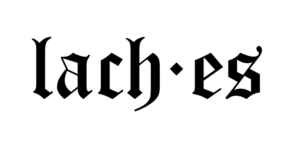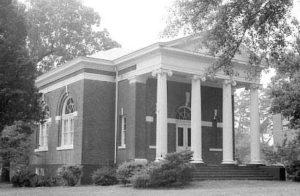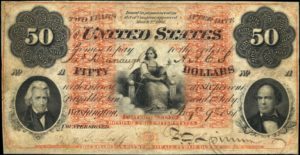 The legal doctrine of laches (pronounced latches) is at issue in a recent unpublished decision of the South Carolina Court of Appeals: Smith v. Erskine College, No. 2015-001660, 2018 WL 491135 (S.C. Ct. App., Jan. 17, 2018).
The legal doctrine of laches (pronounced latches) is at issue in a recent unpublished decision of the South Carolina Court of Appeals: Smith v. Erskine College, No. 2015-001660, 2018 WL 491135 (S.C. Ct. App., Jan. 17, 2018).

In 1854, Erskine College issued certificates of free tuition—presumably a 19th-century form of awarding a scholarship—to an unspecified number of people, including to the appellants’ ancestors.
After the Civil War hurt the college’s finances, Erskine took out ads in local publications, announcing that it was devaluing the certificates, such that they would only cover partial tuition. The court found that was the moment when the appellants’ ancestors were on notice that they should make their claim for full tuition.

The appellants brought their lawsuit in 2011. “Appellants seek the equivalent of twenty-five years of tuition, which the record reflects would be valued at over $700,000.” Smith, 2018 WL 491135, at *1 n.1.
The Court of Appeals held that Erskine established all the elements of laches:
- a delay (more than 100 years since the notice of devaluation)
- that was unreasonable under the circumstances (appellants explained it as allowing their investment to grow); and
- prejudice (if Erskine unexpectedly had to honor these certificates, it would harm the college’s finances).
Therefore, the trial court was correct when it did not allow appellants to cash in their certificates.